Dumbarnie Links Review: A New Jewel In The Kingdom Of Fife
Fergus Bisset travelled to Fife to play the new layout at Dumbarnie Links


Fergus Bisset travelled to Fife to play the new layout at Dumbarnie Links and discovered a unique and exciting modern links course.
Dumbarnie Links Review: A New Jewel In The Kingdom Of Fife
The links land of Scotland’s coasts provides the most perfect terrain for golf.
The sport’s pioneers began playing a rudimentary form of the game on the otherwise unused sandy coastal turf of Scotland’s east coast.
Established routings for play emerged and courses were created along the coasts at sites where those with a good eye spotted potential.
The process was replicated many times over many years and, thankfully it continues to this day.
When former Golf Monthly editor Malcolm Campbell moved to Lower Largo on the Fife coast in the 1990s, he took a walk along the coast onto the estate of Lord Balniel, the Earl of Crawford.
Get the Golf Monthly Newsletter
Subscribe to the Golf Monthly newsletter to stay up to date with all the latest tour news, equipment news, reviews, head-to-heads and buyer’s guides from our team of experienced experts.
Strolling across a swathe of untouched links land, his golfer’s instinct kicked in and he envisioned a golf course running through the landscape.
Some 25 years later, that vision is a reality.
Together with his friend the golf architect Clive Clark, Malcolm explained to Lord Balniel that the land was crying out for a course and with his agreement, Clark set to work designing a course.
A former Ryder Cup player, Clive Clark finished tied third in The Open Championship of 1967.
Clark has been responsible for the design of some 30 courses in the USA and Europe.
Ground was broken at Dumbarnie in summer 2018 and the layout opened for play in May – as soon as Covid would allow.
Early reports from Dumbarnie have been hugely positive and I’ve been eager to see the layout for myself since lockdown restrictions were eased.
I was fortunate to be invited, together with GM Editor Mike Harris, to play a round last week with Malcolm Campbell and Dumbarnie’s General Manager David Scott.
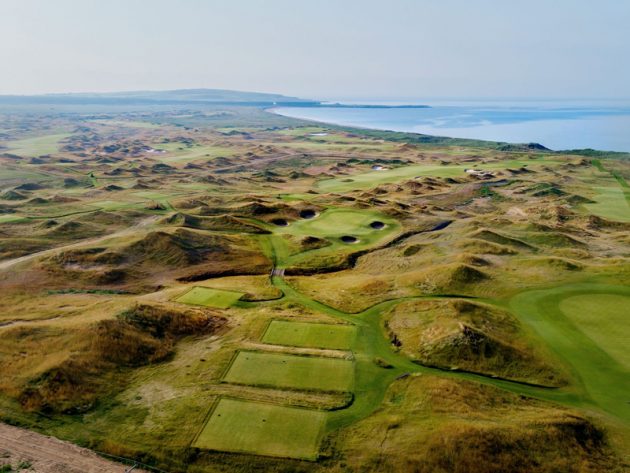
Although this hasn’t been the opening year Dumbarnie had expected, it has still been a great success.
Without the majority of the overseas visitors who had been booked in to play through the summer, Dumbarnie took a different route and offered Scottish golfers the chance to experience the new layout at a discounted rate of £115 (Fife residents have paid £94.)
Maybe not quite so lucrative, but it’s been a fabulous opportunity for locals and UK golfers from further afield to play this tremendous new track and to spread the word on how good it is.
My first impression as I turned off the main road and headed down the drive towards Dumbarnie was that it is indeed a fabulous setting for a golf course.
Set over two levels of links land, it’s a pretty vast site – 345 acres – offering striking panoramic views of the Firth of Forth.
I was feeling pretty excited as I got my kit together and headed to the temporary check in. – David Scott and his team have done a fabulous job to get everything operational this year in the face of the challenges posed by Covid 19.
Having prepared with a first-rate bacon roll and some rather ropey 5-irons on the expansive practice range, it was time to take on the course itself.
From the outset, one of the layout’s chief qualities becomes apparent.
The course presents a challenging but fair strategic test.
On almost every tee, there’s a choice to be made and there are options for negotiating each hole.
To me, that makes for a great course.
When you’re not simply standing up at every par-4 and par-5 and smashing driver but actually considering, where do I want to be approaching from? What do I really need to achieve here?
On the first hole, for example, the fairway runs downhill towards a burn cutting through the fairway short of the green.
Depending on the wind, you might need as little as a 6-iron from the tee to leave a wedge shot into the green.
Although, if the wind turns against, it will require a driver for most.
But really, it’s a gentle opener and I think that’s always the right way to begin a round – A shorter par-4 that gives you a chance to settle in.
I settled in with a clumsy three-putt bogey.
I certainly couldn’t blame the quality of the putting surface for my disappointing start.
For such a young course, the grass coverage is excellent across the layout but the greens and their surrounds in particular are beautifully carpet-like.
The grasses that grow naturally on the links here are sustainable ryegrass and fescues which has allowed the layout to bed in quickly.
The greens were running pretty quick, at about 10.5 on the stimp, and that seemed about right to me – not terrifyingly pacey but the ball was rolling out nicely.
From the 1st onwards, something I noted about Dumbarnie is that landing areas, both from the tee and on approach, are more generous than they appear.
I found myself looking back on a number of holes and saying inwardly – ‘Ah, that’s where I should have hit it – there’s tons of space!’
And I think that’s something that will have people heading back to Dumbarnie again and again – I certainly want to revisit, having gleaned a little knowledge of where you can (and definitely can’t) hit to.

Aesthetically, the course is very pleasing to the eye.
Elevated tees provide great views across the layout, sweeping fairways lead to impressive, sloping green complexes while surrounding dunes have been sculpted to give a rugged feel.
The turf is very much classic links, as are the beautifully revetted bunkers. But the contouring and undulations are clearly guided by a more modern course design philosophy.
It’s a good blend.
Although the course is set on two elevations, the design is such that you never feel you’re battling uphill which is quite a trick to pull off.
Another great thing about the routing is the fact the holes face all points of the compass.
During a round, the wind will come at you from all directions, delivering a full examination of shot-making.
Off the tees, fairways are generous and the rough is not overly punishing, this isn’t a course where you’ll lose a huge number of balls.
The greens are firm but receptive to well-struck shots and there are great options for pin positions to either receive or repel.
There’s great variety to be found in general, with a strong mix of long and short holes.
The driveable par-4 3rd is fun to play with an option to go straight at the green or to lay up and approach with a wedge.
Again, it’s all about the options here.
On the 5th and 15th holes, split fairways demand golfers make a route choice whilst the 11th and 17th could both be driveable in the right wind.
The 17th deserves a special mention – It’s a great little par-4 bisected by an old wall, in homage to the 13th at North Berwick.
It’s either a lay-up left and short of said wall or a pop over it to a landing area, or perhaps even the putting surface.
The home hole is a cracker – Turning to the right and downhill all the way with a row of trees and the stylish, understated (very nearly finished) clubhouse styled on a traditional Scottish farm building providing a backdrop.
Set over a fine stretch of coastline, Dumbarnie is an attractive and unique layout in great condition given both its youth and the amount of traffic it’s seen this year.
Blending old style links with modern course architecture, it’s a fine strategic test that asks all the right questions on all elements of the game.
It’s a superb addition to Fife’s incredible array of links golf courses.
For all the latest golf news, check the Golf Monthly website and follow our social media channels @golfmonthlymagazine on Facebook and @golfmonthly on Twitter and Instagram

Fergus is Golf Monthly's resident expert on the history of the game and has written extensively on that subject. He has also worked with Golf Monthly to produce a podcast series. Called 18 Majors: The Golf History Show it offers new and in-depth perspectives on some of the most important moments in golf's long history. You can find all the details about it here.
He is a golf obsessive and 1-handicapper. Growing up in the North East of Scotland, golf runs through his veins and his passion for the sport was bolstered during his time at St Andrews university studying history. He went on to earn a post graduate diploma from the London School of Journalism. Fergus has worked for Golf Monthly since 2004 and has written two books on the game; "Great Golf Debates" together with Jezz Ellwood of Golf Monthly and the history section of "The Ultimate Golf Book" together with Neil Tappin , also of Golf Monthly.
Fergus once shanked a ball from just over Granny Clark's Wynd on the 18th of the Old Course that struck the St Andrews Golf Club and rebounded into the Valley of Sin, from where he saved par. Who says there's no golfing god?
-
 The Stunning Miura Irons Justin Rose Is Using At The Masters
The Stunning Miura Irons Justin Rose Is Using At The MastersJustin Rose leads the 2025 Masters at the halfway stage, and was spotted using an eye-catching set of Miura irons as he tackled Augusta National
By Matt Cradock Published
-
 Who Is On Rory McIlroy’s Team? Coaches, Caddie, Wife And More
Who Is On Rory McIlroy’s Team? Coaches, Caddie, Wife And MoreRory McIlroy is one of the game’s biggest stars, but who are the key figures behind the scenes helping his career soar while he keeps his feet on the ground?
By Mike Hall Published
-
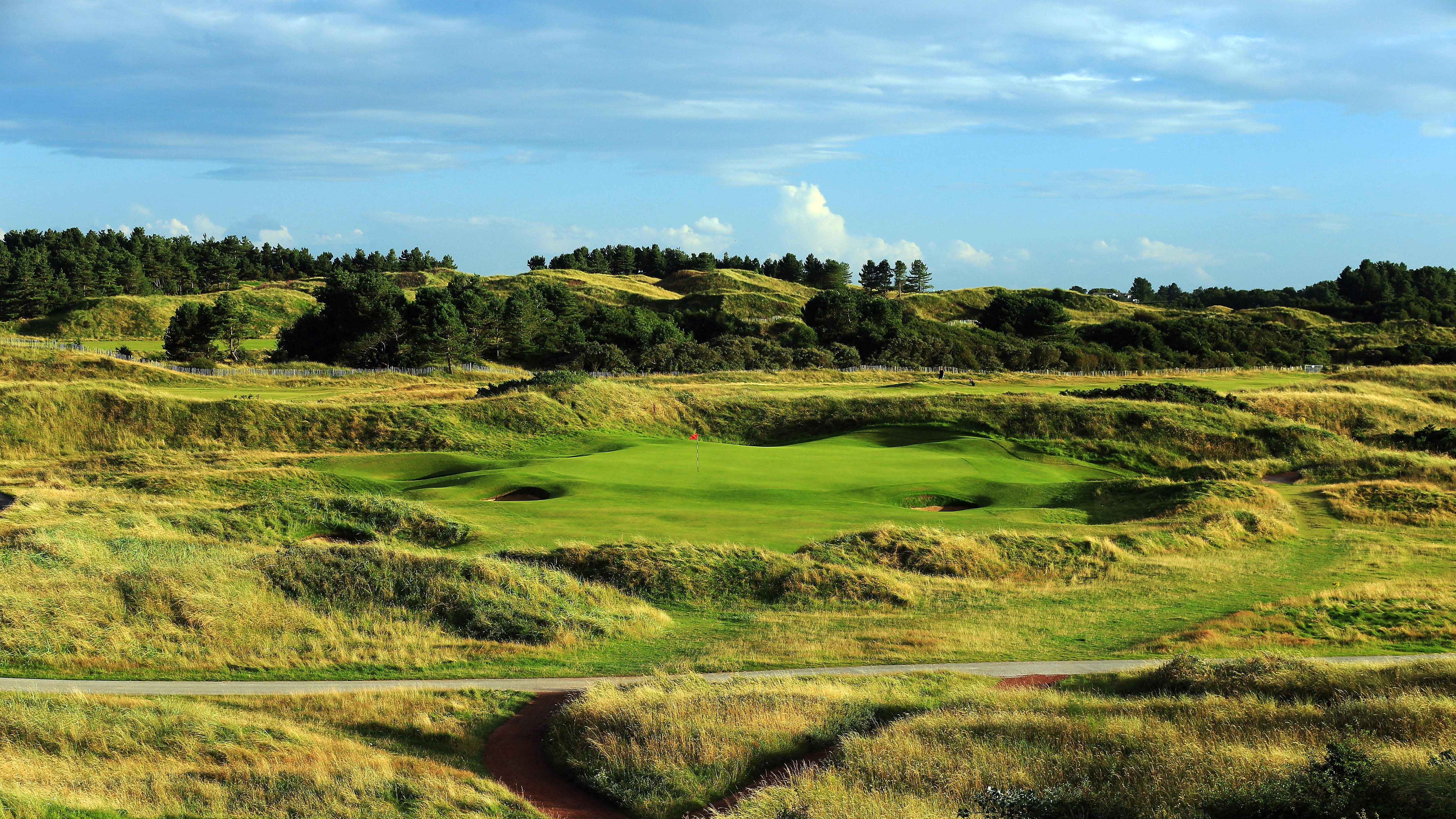 Best Golf Courses In Lancashire
Best Golf Courses In LancashireAlthough the very best golf courses in Lancashire are its brilliant collection of championship links, there is great variety within these as well as plenty of excellent inland golf
By Rob Smith Published
-
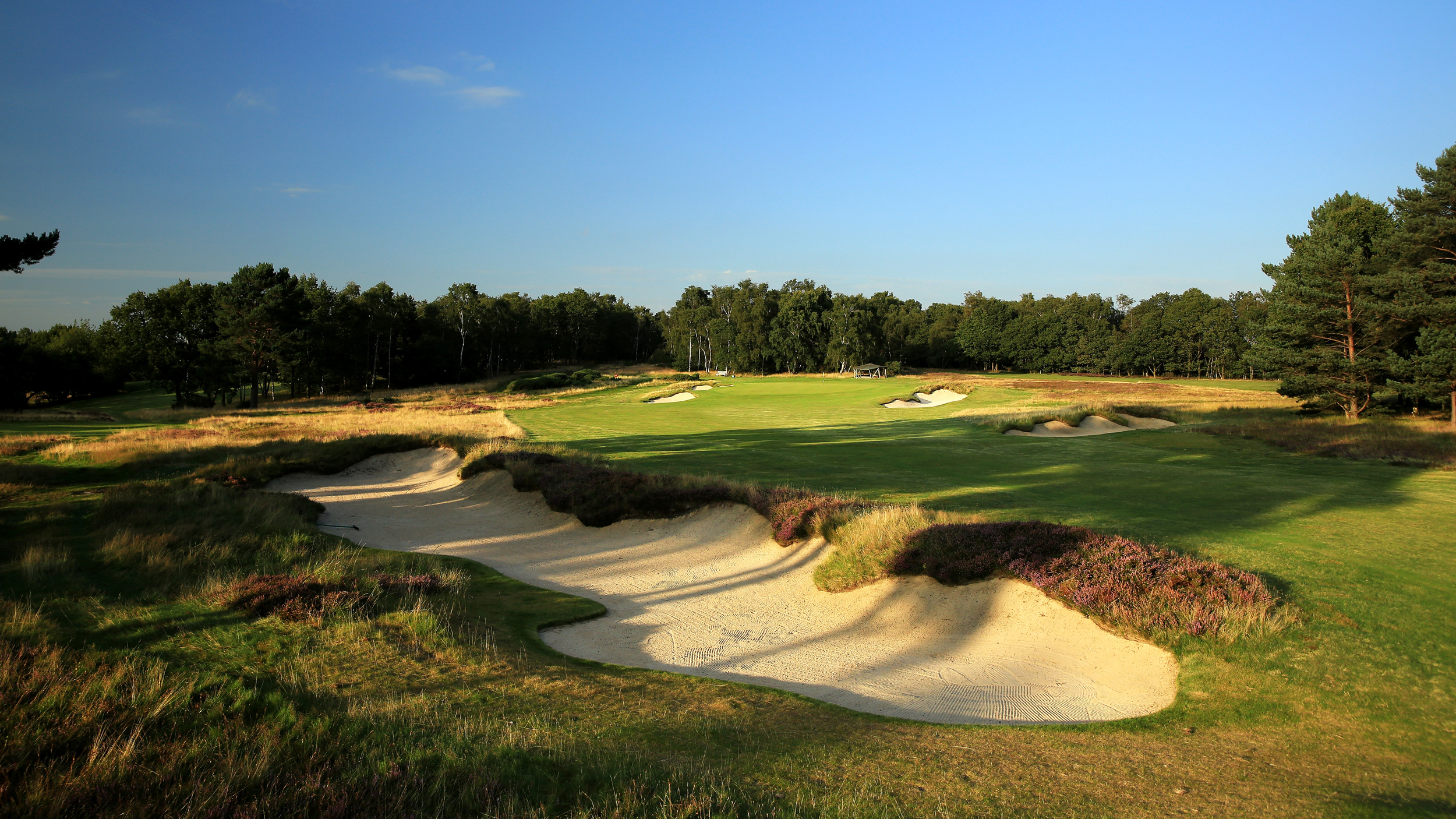 Best Golf Courses In Yorkshire
Best Golf Courses In YorkshireThere are some incredible courses (and value) to be enjoyed in Yorkshire and they can also boast three Ryder Cup courses
By Mark Townsend Published
-
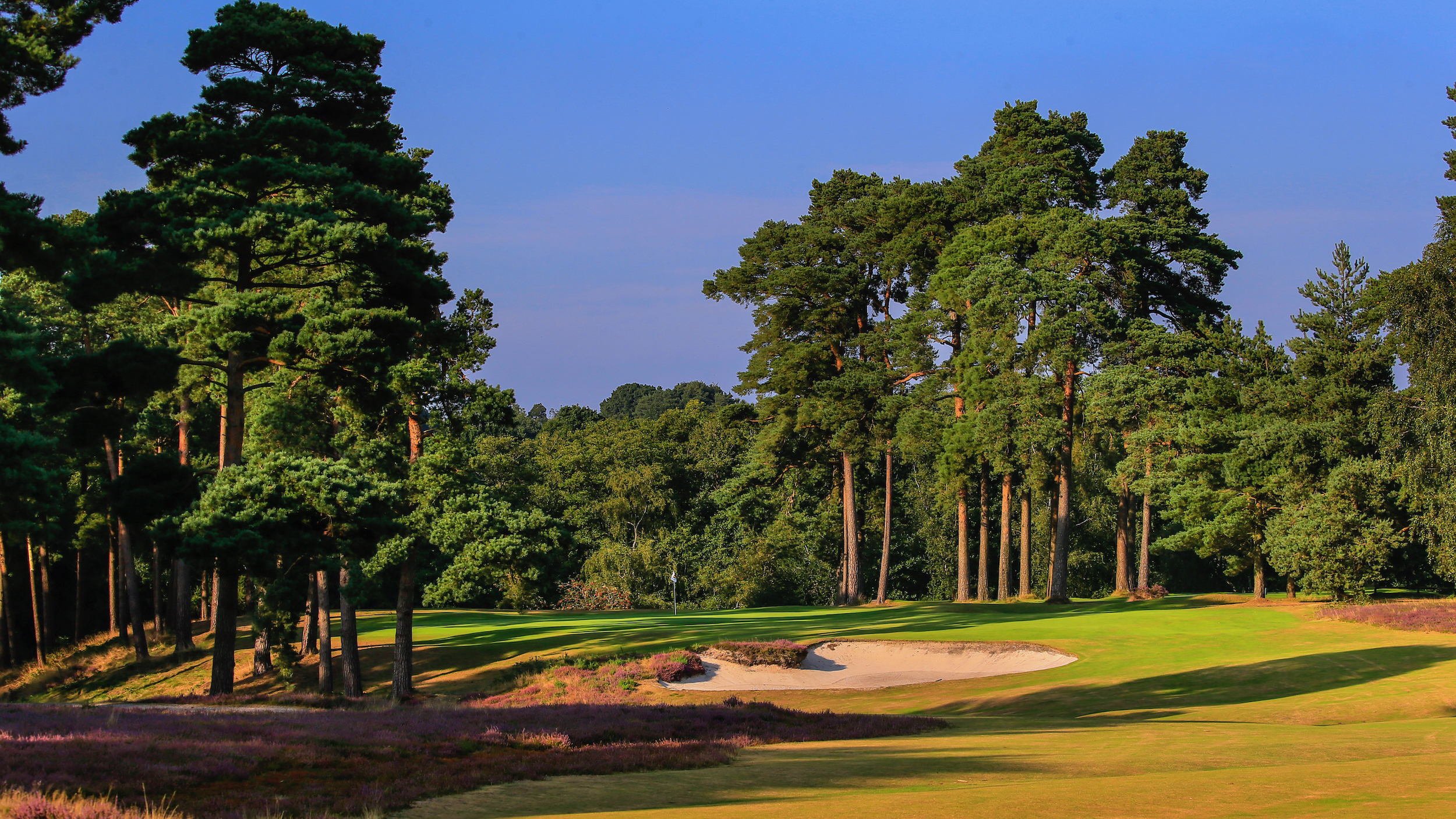 Best Golf Courses In Sussex
Best Golf Courses In SussexThere's wonderful golfing variety to be found in both East and West Sussex. We pick out the star attractions of the two counties
By Jeremy Ellwood Published
-
 15 Bucket List Golf Courses You Have To Play
15 Bucket List Golf Courses You Have To PlayAn incredible selection of layouts showcasing the tremendous variety planet golf has to offer
By Fergus Bisset Published
-
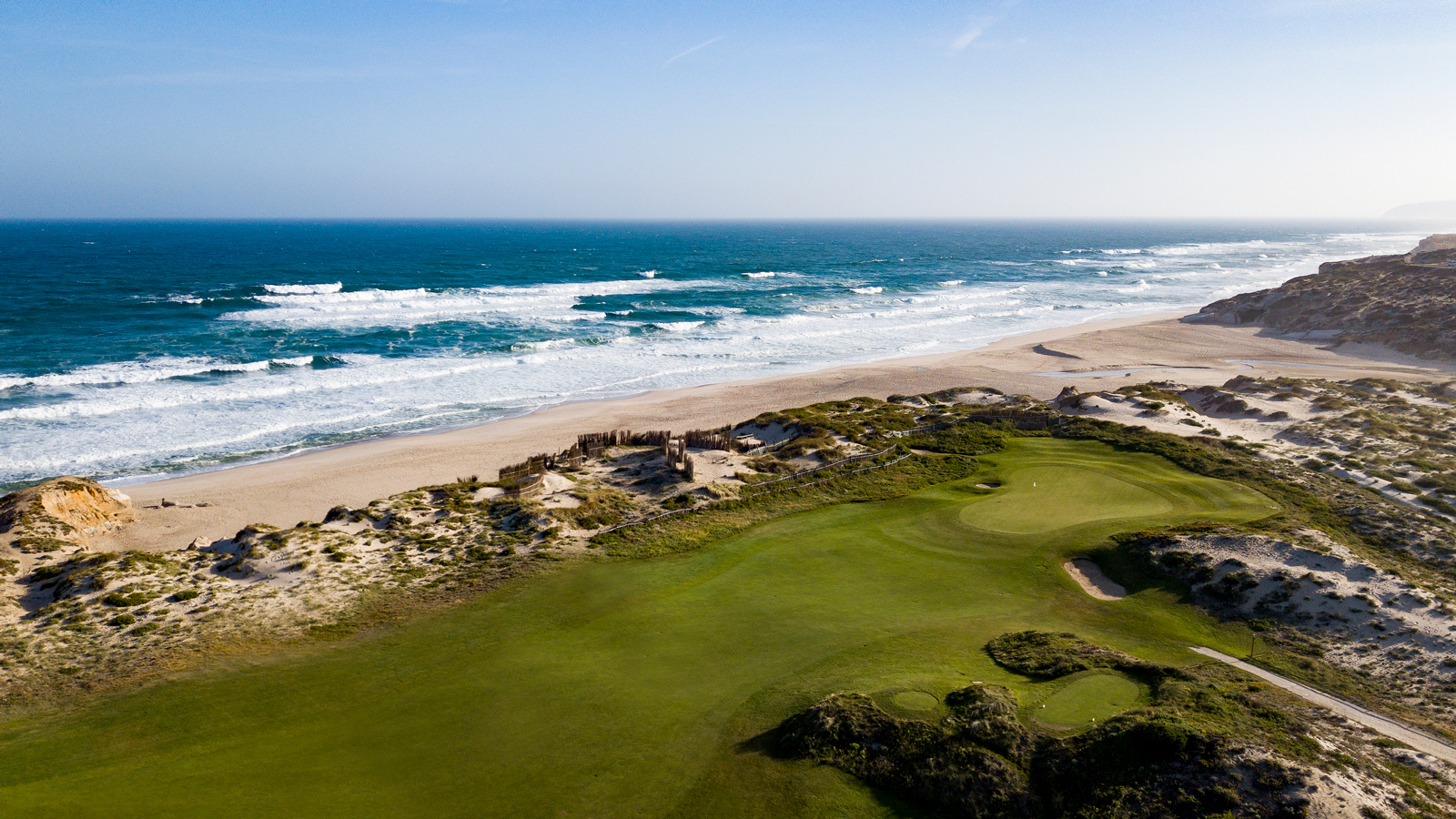 10 Best Winter Sun Golf Breaks
10 Best Winter Sun Golf BreaksAs travel restrictions ease, we run down 10 great last-minute destinations you might consider for warm weather golf this winter.
By Fergus Bisset Published
-
 Infinitum – One Of Europe’s Most Highly Sought-After Lifestyle And Leisure Experiences
Infinitum – One Of Europe’s Most Highly Sought-After Lifestyle And Leisure ExperiencesDiscover Infinitum, one of Europe’s most highly sought-after lifestyle and leisure experiences, showcasing world-class golf, modern gastronomy, off-course activities, and a contemporary beach club.
By in partnership with Infinitum Last updated
-
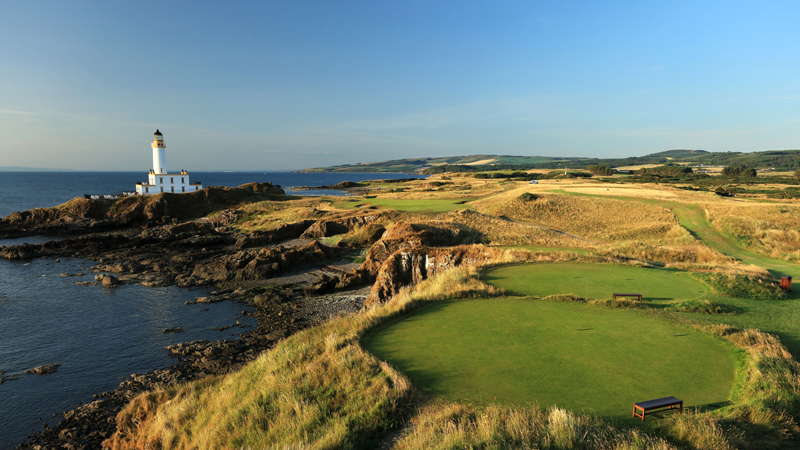 Golf Breaks In The UK You Can Book Right Now
Golf Breaks In The UK You Can Book Right NowHere are some ideas for golf breaks in the UK you can book right now...
By Fergus Bisset Published
-
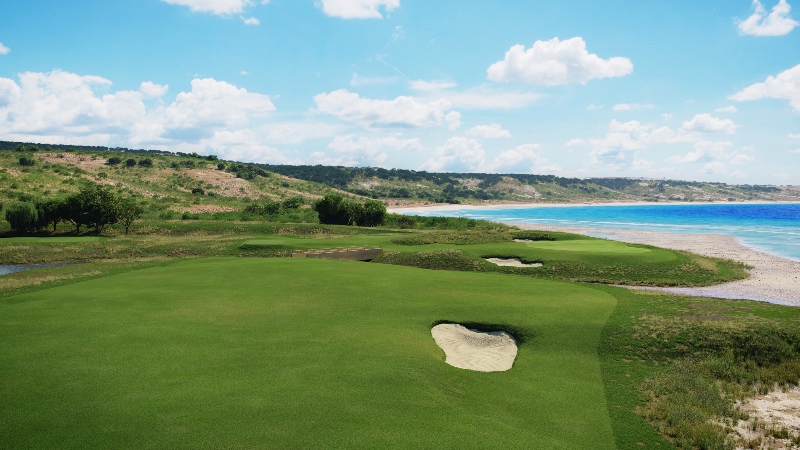 Verdura Resort Reveals New Golf Course
Verdura Resort Reveals New Golf CourseThe Verdura Resort will open in October later this year, and now golfers can see what's on offer at the spectacular new course.
By Ryan Dabbs Published